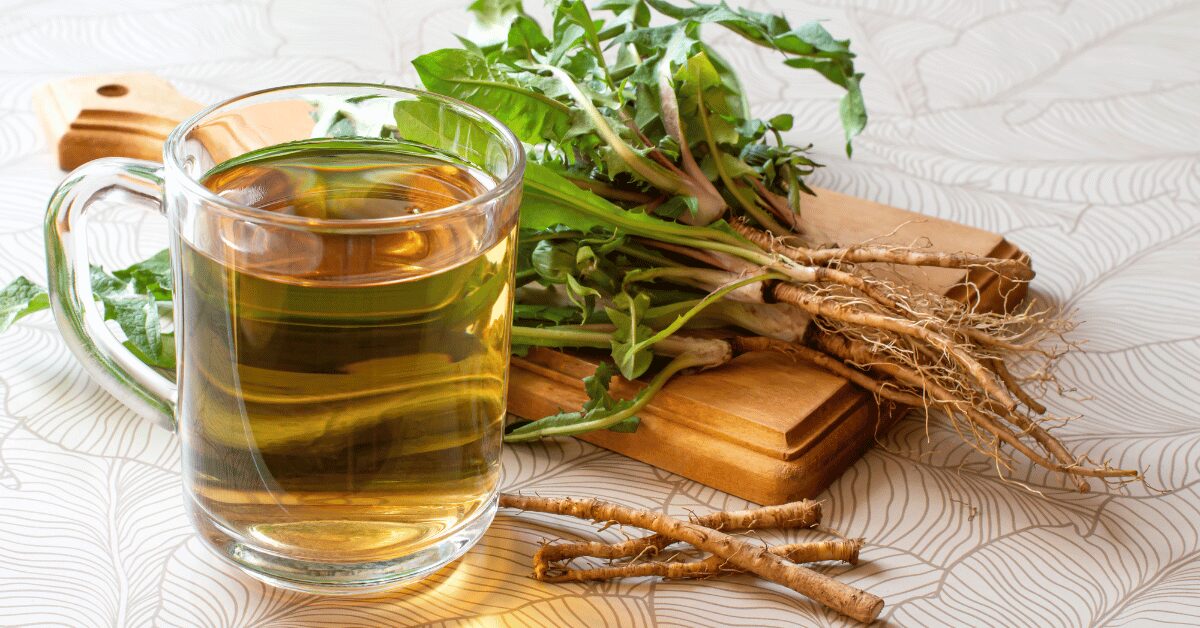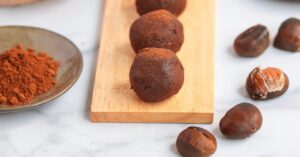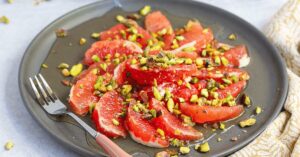
When you hear the word “detox,” you might think of strict cleanses or feeling hungry all day. But your body doesn’t actually need anything extreme to clear out what it doesn’t need.
In functional medicine, detoxification isn’t about deprivation — it’s about supporting the body’s built-in pathways for processing and eliminating everyday toxins, hormones, and metabolic byproducts. When these systems have the nutrients and plant compounds they need, they can work quietly and efficiently in the background — helping you feel more energetic, clear, and balanced.
Your liver, gut, kidneys, lymphatic system, and skin all play a part in this process. When the liver and digestive tract get overloaded (from stress, poor sleep, nutrient gaps, or environmental exposures), hormones like estrogen may not be metabolized as efficiently, leading to symptoms like bloating, irritability, fatigue, or tender breasts.
You don’t need an intense detox to get things flowing again — you just need to nourish the pathways your body already relies on. That’s where certain herbs shine. They offer gentle, steady support, helping your body do what it’s designed to do.
Three Herbs That Support Your Body’s Natural Detox
1. Dandelion Root: The Gentle Liver Tonic
More than just a stubborn weed, dandelion root (Taraxacum officinale) has long been used to support healthy liver and gallbladder function. It promotes bile flow — the process that helps carry toxins and used hormones from the liver into the digestive tract for elimination.
From a functional medicine perspective, this means better hormone metabolism and improved digestive function. By supporting phase II liver detoxification, dandelion root can help reduce the “hormone congestion” that contributes to PMS or sluggish digestion.
How to use:
- Brew as a roasted dandelion root tea (it has a slightly coffee-like flavor).
- Use tinctures or capsules for a more concentrated form.
2. Milk Thistle: The Liver’s Protector
Milk thistle (Silybum marianum) is one of the most well-researched liver-supportive herbs. Its active compound, silymarin, helps protect liver cells from oxidative stress while encouraging regeneration of healthy new cells.
In functional medicine, we often use milk thistle when we see signs of “detox overload” — when the liver is burdened by both internal (hormonal, metabolic) and external (environmental, dietary) toxins. Think of milk thistle as the liver’s housekeeper, sweeping away cellular debris and making space for optimal hormone metabolism.
How to use:
- Enjoy as a tea or tincture.
- Take standardized extracts (silymarin) under practitioner guidance for targeted liver support.
3. Schisandra Berry: The Stress Buffer
Schisandra (Schisandra chinensis) is a powerful adaptogen — a plant that helps the body adapt to stress and maintain balance. In functional medicine, we use adaptogens when chronic stress is impairing detox pathways, as cortisol imbalance can slow down liver metabolism and gut motility.
Schisandra supports both Phase I and Phase II liver detox while also balancing stress hormones like cortisol. This dual effect makes it especially helpful when fatigue, overwhelm, or hormonal symptoms are tied to stress.
How to use:
- Add schisandra berry powder to smoothies or teas.
- Use tinctures in small daily doses for steady adaptogenic support.
Functional Medicine Lens: How Detox Really Works
In functional medicine, we think of detoxification as a two-phase process:
- Phase I (Transformation): The liver uses enzymes to convert toxins, hormones, and waste products into intermediate compounds. These need to be quickly neutralized and cleared.
- Phase II (Elimination): The liver binds these intermediates to amino acids, sulfur compounds, or antioxidants — then sends them out through bile and stool for removal.
Herbs like dandelion, milk thistle, and schisandra help both phases — providing antioxidants for protection, stimulating bile flow, and enhancing enzymatic pathways. When combined with adequate hydration, fiber, protein, and rest, this system flows efficiently and supports hormone balance, digestion, and energy.
Small Habits, Big Shifts
You don’t have to overhaul your life to support detoxification — in fact, gentle consistency is more effective than quick fixes.
Try these small daily steps:
- Sip dandelion or milk thistle tea mid-morning.
- Add fiber-rich foods (like flaxseeds or leafy greens) to your meals.
- Practice deep breathing or light movement to support lymphatic flow.
- Stay hydrated — your kidneys need water to flush waste efficiently.
Sometimes the smallest habits make the biggest difference. Finding simple ways to weave these herbs into your daily rhythm can help you feel more balanced, clear, and at ease — without feeling like you’re “detoxing.”







